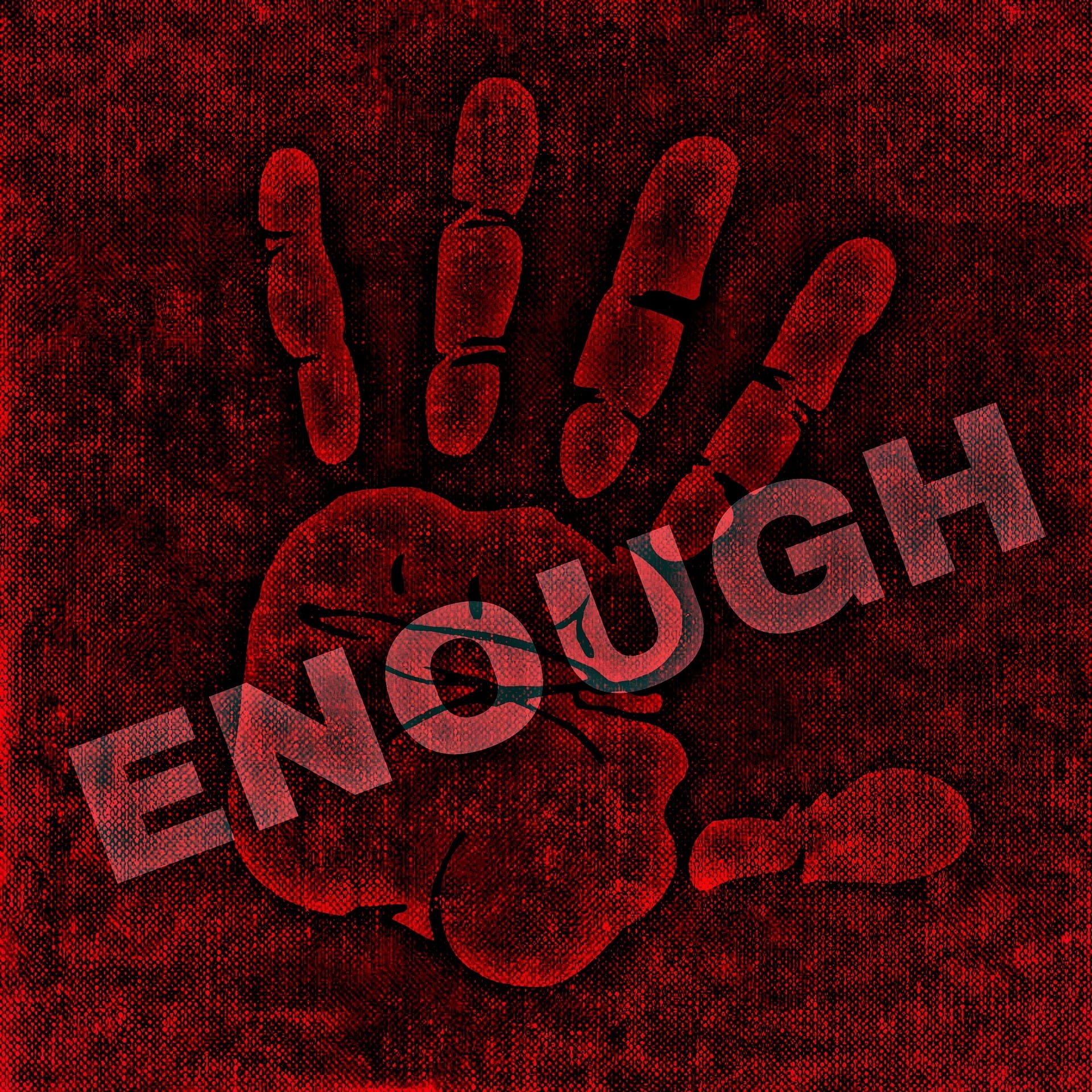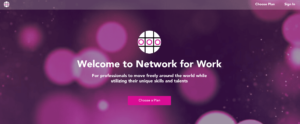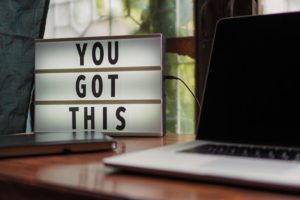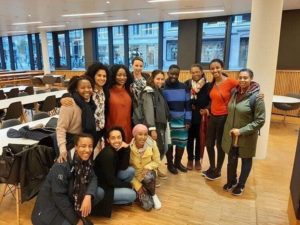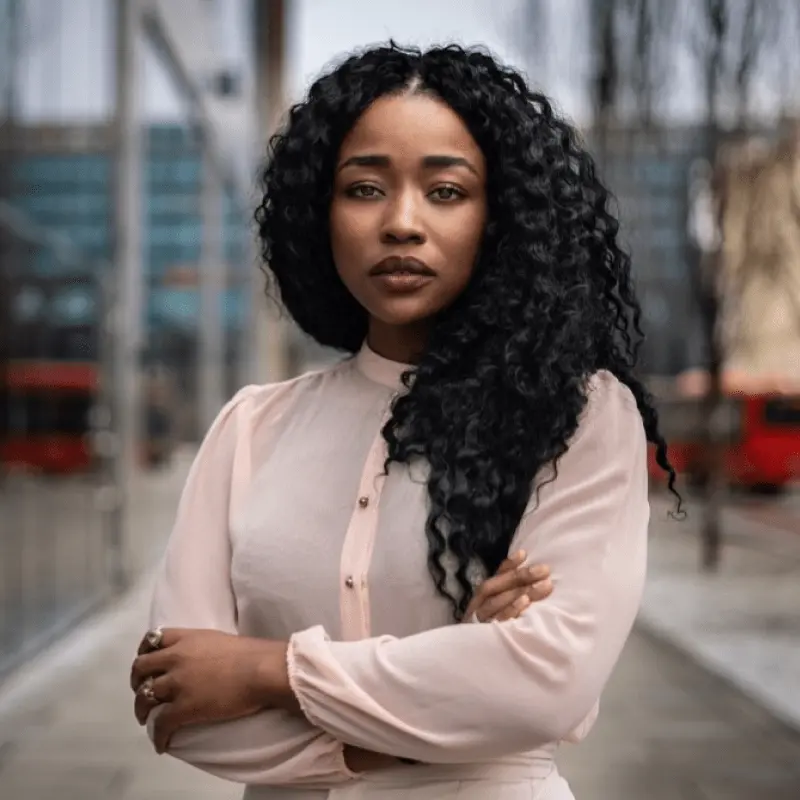Whitesplaining can be defined as the unconscious, unjustified and unassessed benefits of prejudice. It is when a white person attempts to explain a topic, often relating to matters and experiences of racism, social justice or minority culture, in an overoptimistic, inaccurate, and a self-assured manner to people of color. Or, as I like to define it, ‘the privileged things white people say.’
Warning for the Delicate!!! I am not here to manage your emotions – this will probably be perceived as harsh and unkind to those who have not done the work. But here I go.
It is white privilege to think you are color blind. Privilege doesn’t mean you are racist, so you can breathe. This is just saying that you have been conditioned by nature or nurture to think and maybe even genuinely believe that you are color blind. And sincerely, this is a privilege. I covet that pure spirit of yours, truly.
For those of us who are acutely aware of the skin we wear, race is a fundamental part of our identities (as defined by social constructs beyond our control) and must consequently be acknowledged and valued. It is true that human beings are more alike genetically (99.9% actually) than not, but since Immanuel Kant classified people into fixed races according to their skin color, white people have been using race both directly (policy and legislature) and indirectly to benefit themselves, whilst others are well… (feel free to fill in the blank here).
Fact: I studied Immanuel Kant. I thought he was brilliant – a tiny part of me that works very hard to remain objective still does. But he was a racist bag of hogwash. Kant believed that skin color was very much related to character. That people of darker races were inferior and meant to serve people of lighter-colored races. Correlating darker races with inferiority was one of the most formidable and damaging creations of all time.
Colour-blindness
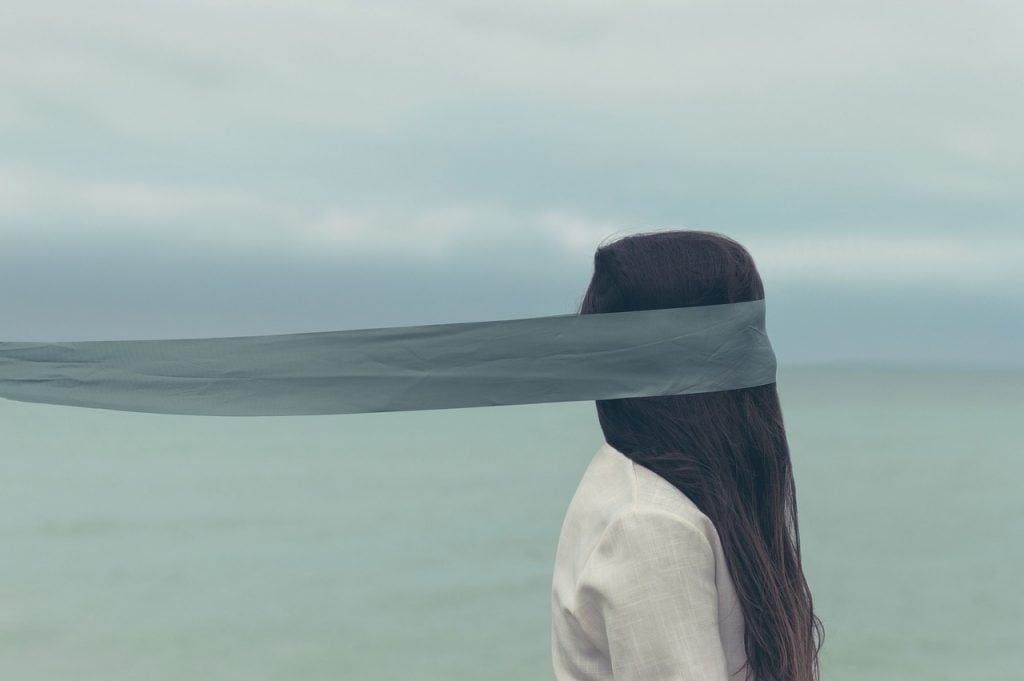
Over the past decades, overt racism has become unacceptable and denounced by society at large, at any rate, on the surface. But only well after inequality, structural racism and bias has been imprinted in the socio-economic and political spheres across the world, to the benefit of primarily white people. Effortlessly, the concept of color-blindness was born, thereby making it difficult to address these inherent problems in society that continues to affect many. For those who do not know, one definition of color blindness assumes that racial classification does not limit a person’s opportunities. Color blindness creates a society that denies the negative racial experiences, unique perspectives and cultural heritage of people of color. In other words, being color blind invalidates identities, it preserves the perception that diversity is a bad thing, and it denies the existence and negative impacts of systemic oppression. Many people who claim color blindness do it as assurance to people of color, to indicate that race doesn’t matter to them. But to people of color, it does in every way.
The bottom-line is this – we all have some form of bias fostered unconsciously through unexamined privileges that are deeply buried in faraway places inside us, that we could in fact, be unaware of how they affect us and others around us.
So, here’s a point of view:
PS: I have only experienced the color-blind sentiment from women. No man has said this to me, so I refer to women here just as a matter of practicality. If you are a white man who believes he is color blind, then read on. You may or may not learn something.
Side note: Being excluded as a woman, and being negatively pigeonholed as woman of color, are two forms of discrimination that I am accustomed to. White women, I stand with you in solidarity, some of our struggles are the same. We can be allies and still disagree. If ever the day comes when I am in a position to speak up for you as a white woman, or for us as women, I will do so proudly.
Nevertheless, some things still need to be said.
When white-women talk to me about their color blindness, it irritates me because they just don’t get it. And by the way, being blind equates not being able to see things. I don’t know about you, but I do not want to be blind. I want to be able to see things clearly, even things that make me uncomfortable. A sizeable number of Caucasian women I know (and they are plenty) and have discussed race with have come back to me with “I’m color blind. I don’t see color.” How lovely!
And mind you, having some black or POC friends does not automatically grant you membership into the color-blind country club. Moreover, refrain from whitesplaining or “trying to relate” to the experiences of people of color especially when it re-counts racism.
Some examples:
- In rare occasions that a conversation on racism is ignited around my white girlfriends, as a black woman and as a future mother of a child who may for all intents and purposes, be considered black, I endeavor to elucidate the difficulty people of color or darker races face. At least five Caucasian acquaintances I know have some version of this exact same story – they tell me that they experienced racism and in describing their experiences, they speak about having been teased at school for being darker skinned (i.e. tanned or with olive skin) or very pale, than most of the other white kids, so they understood what I was saying. In each situation, I couldn’t keep myself from saying “no” because they didn’t get it. For one in particular, I doubt she ever did. She seemed pretty upset for not being listened to, never mind that she interrupted and whitesplained my experience. Being teased for any reason is cruel and school children can be especially vicious, but their experiences does not equate the racism I was talking about and even worse, many others continue to endure across the world, every day, after having left school, because of the skin they wear. These women’s experiences equate my being teased for being darker skinned than my sister. So, let’s call this colorism – also a shameful and heartbreaking phenomenon, but not quite the same as racism. To break this down in simple English, in the real world, standing next to me or another person of color, they are White woman, and they have advantages for being such. They will never understand what it feels like to live in the skin of the ‘other’ as I and many other people of color do.
- One of my best friends in the whole entire world is a white woman. She is my ride or die. One day, I had a harrowing overtly racist experience in a train car (a story for another day, over many glasses of wine or whiskey, to facilitate the liquid courage to relive this scarring encounter) where I was of course the only person of color. I came back to her, upset that someone had berated me for no just cause, for over an hour, while everyone else (including three white friends on the train) looked on and said nothing. The train car was so silent, you could have heard a pin drop. And to me, that said – they agreed with what the racist person was saying about me and people like me. With love, she said to me that she doesn’t think that the best thing to do in that situation is say something but rather ignore. “No need trying to change a racist person’s mind or putting them in their place,” she said. Because she imagines that if she had been in a situation like that, she would have said nothing. I thought, “thanks for the whitesplaining my love, but easy for you to say.” That was the last time I discussed anything about race or discrimination with her. But I don’t love her any less. That was also the first time I realized how urgently I needed to find and add more women and people of color to my close circle. The fact of the matter remains that injustice is simply injustice. And being silent in the face of injustice, means you agree.
- Another dear friend of mine told me when Lemonade by Beyoncé came out, that she thought it was “too much”. That it felt as though Beyoncé was antagonizing white people and being ‘overtly black’. Curious, I asked it what she meant by overtly black, she said “you know, I can’t relate to what she is saying or see myself in any of her songs.” “Oh, so you mean like how most of the movies in Hollywood and the West are unapologetically white? And even when the stories are not about the West, the industry whitewashes it with white actors? Or how I have barely seen any black superhero’s I could relate to on the big screen besides Halle Berry as Storm in X-Men?” (This was of course long before Wakanda or Hidden Figures). “Or how the media, magazines, books and life in general are overtly white?” I calmly clarified to her that Beyoncé was in fact a black woman, and a proud one at that, before I told her to take several seats. She thought I was being hostile. I never cared to discuss it further. I don’t even know if this pertains to whitesplaining, it just came to mind in my writing flow. At the very least, the lesson here is that you do not and should never come for Beyoncé, not to my hearing. Girl, bye.
- Another woman once said that she thought there were more urgent issues for people of color to address besides cultural appropriation, black face, or racist mascots – what focusing on these petty issues showed her was that people of color get too emotional about and see race in everything. “Thanks girl, for whitesplaining and thinking you know more about how racism operates than people who have dealt with it their entire lives. Now sit down.”
Therefore, to every seemingly white ‘woke’ feminist woman, I know you mean well, I do. But words of advice, you might want to reconsider expressing your color blindness to black people – we mostly always roll our eyes on the inside, or we tell our other friends (who are people of color) who get it – about it, and we kiss our teeth’s simultaneously. Express your color blindness instead, to other white people, who have never had to deal with the types of racism ‘others’ endure. They will probably receive it better and marvel at how ‘woke,’ open minded and tolerant you are.
As my brilliant and dear friend put it, she thinks that being colour blind is a “conscious and intentional decision to ignore racism in all its forms. Ignoring is the same as perpetuating, as it implies your approval of the unequal power dynamics. If you say you do not see colour, then you are clearly not seeing the suffering that comes with my slavery. In today’s world, it seems like you are trying to avoid being a part of the ongoing tension. It comes off as very elitist… to not want to dabble in such discourses. Colourblind people should either subscribe to being colour aware or conscious if that’s their true intent, or stick with being quasi-racist or tacitly racist.”
I guess what I am trying to say here is that Color blindness is so complex that you cannot reduce it to “I don’t judge people based on their skin color.” But instead try, “I am working on my unaddressed and unknown bias. I am putting in or would like to learn how to put in the work. I like to think that race doesn’t matter, but it appears that it does, even though I may not fully grasp this concept. I recognize and value differences and I will work on fostering personal friendships that will teach me more about differences and the daily realities of others.”
Anything less, such as honestly claiming color-blindness makes you implicit in your bias and complicit in our suffering.
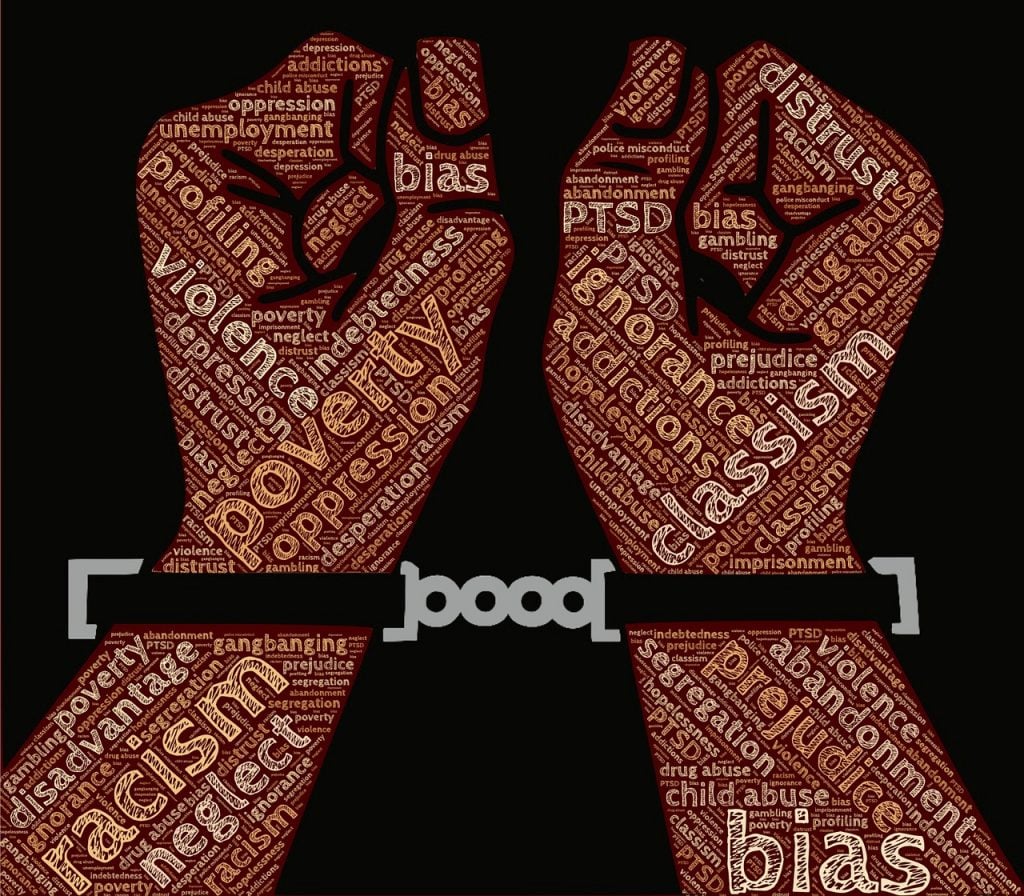
Here’s a radical train of thought. If you are color blind you would feel uncomfortable walking into professional spaces with only white people – in a country where other groups of people exist. You will also say something about it, because you have the privilege to do so. If you were color blind, you’d understand the “I see you and I’m glad you are here nod’ only black people or people of color give to each other. If you were color blind, you’d roll your eyes when someone said they were color blind. If you were color blind you will neither feel defensive against, attacked, offended or uncomfortable with any of my expressions above.
But if any of what I have written offends your fragile color-blind sensitivities, because I have not tempered my thought process to make you feel more ‘comfortable,’ please know that many of us live in a world where we are uncomfortable on the daily, and we just take it in stride. We have been conditioned from birth to deal. And moreover, there are worse things to feel or not feel in the world. Some questions (some of which are borrowed and paraphrased from the Queen, Chimamanda Ngozi Adichie’s Americanah):
- Do you ever worry that your race might make it difficult to join or be accepted to a prestigious club?
- Have you ever felt the burden and shame of been followed around at a nice store?
- Do you worry that when police flag you for a routine questioning or traffic stop that it might be because of your race?
- Have you ever felt the burden of having to work twice as hard to go half as far as your peers?
- Have you ever felt the void of or screamed on the inside for been told how different/remarkable you are from people of your own race, when you do well?
- Have you always had access to band-aid (plaster) or panty hose that closely matched your skin color? Have you ever felt the pure joy that comes with finally finding one in your skin tone?
- Do you deal with the daily tax and subtleties of racism? Do you even know what that means?
- Do you ever worry that your children will not have access to books, school materials or toys that overwhelmingly represents them or people of their own race?
- Have you always felt and taken for granted, the privilege of your history being taught as a core part of the curriculum, rather than an elective?
- Have you ever felt a need to worry about the media being biased towards your own race?
- Do you often find yourself in a town or city where you are the only “different” person? Or, if you look like everyone else, do you wonder why there are no other “diverse” people there?
- Have you ever found yourself around self-proclaimed color-blind people who ask ‘general’ questions such as “does she look African (aka black)” or insert any other non-white race?
- Do you have the privilege of playing the color-blind card, and consequently wiping away the centuries of history of racism?
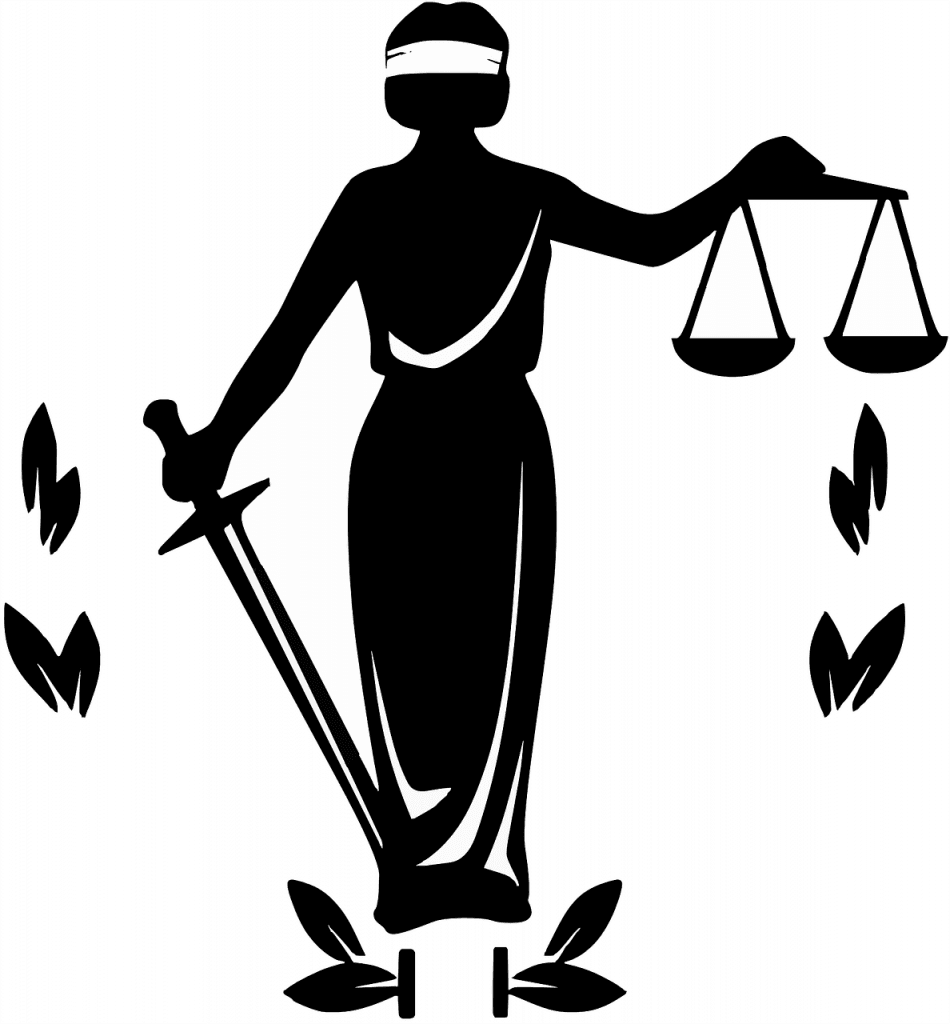
If none of the above resonates with you, in a well, “it truly can be worse” kind of way, and your feelings are still hurt, then rest assured, you are not alone. I am often offended by well-intentioned racist things that only I or “people like me” notice, when it’s said. I think its humbug and I sometimes get defensive, angry and attacked, but I’ve also come to accept that it’s a free world with free speech. I call my friends with whom I have the relevant safe space with and I vent, I complain and then I move on. Knowing that something else will annoy me more, in the coming days.
What I’m trying to say here is that you might feel like everything I have written is BS, macro-aggressive and patronizing; that I am a biased cow and that this is reverse racism. Whatever it is you feel after reading this is okay and welcomed. I encourage you to feel, it is your right to do so. Call someone and vent, it helps. And thereafter, if you are ready to start the work, reflect. Otherwise, move on, probably to a less annoying following days. If these proven steps fail to console you or make you feel better, then go eat some ice cream or chocolate. I hear it has been making many people feel better for decades!
And by the way, I have just undilutedly person-of-colorsplained this to you. You are welcome!
Written by E.
